We are changing up our look here in the ISSU.
We have created a restored version of a time-honoured logo, refurbished for today's world and it needs both present and future.
After five demanding months of research, designing, feedback analysis and decision making to get to where we are today, we are honoured to say that this version of the logo was successfully passed by the Coiste Gnó on 24/10/2021.
See ISSU Communications Officer Statement below.
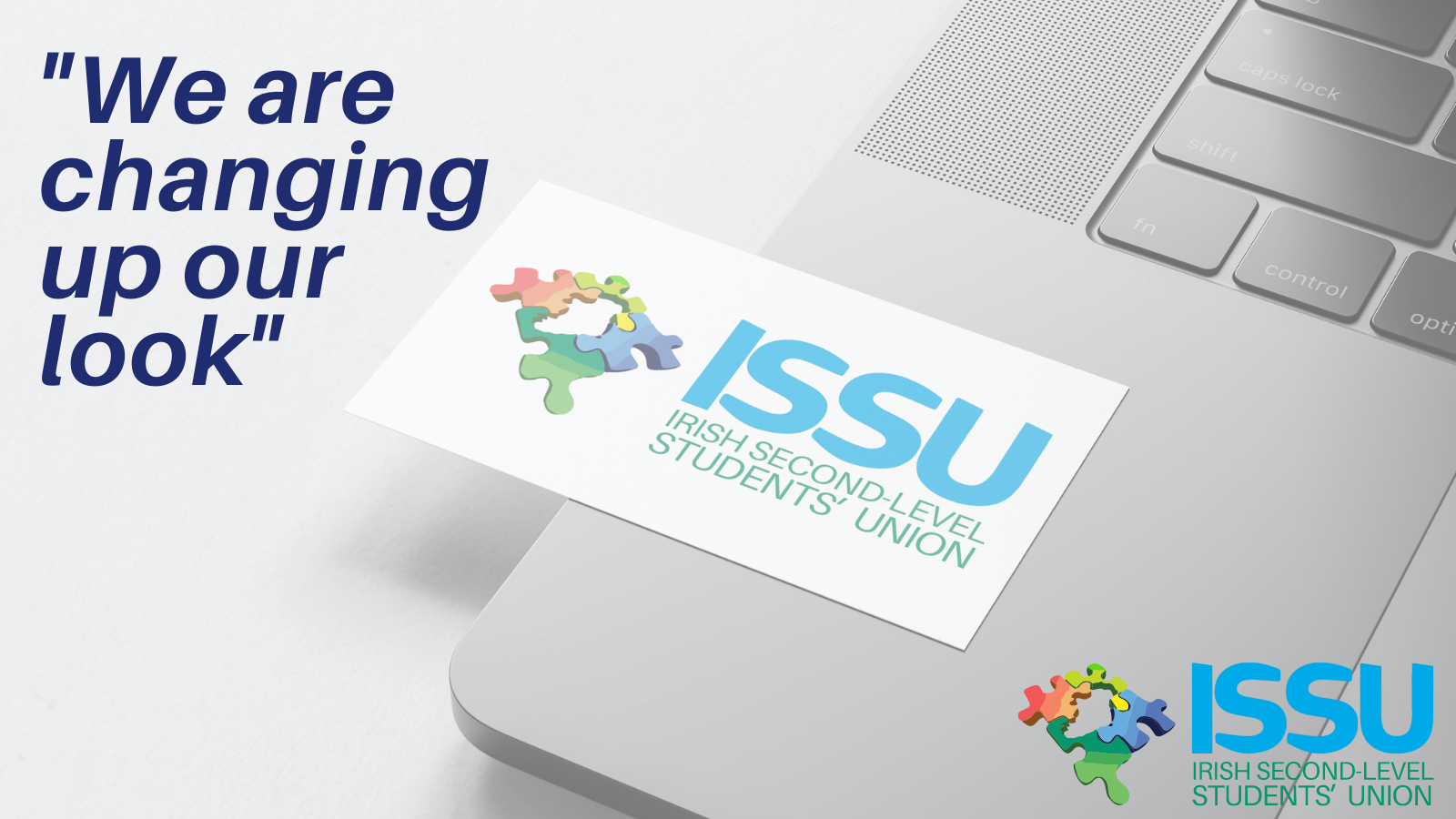
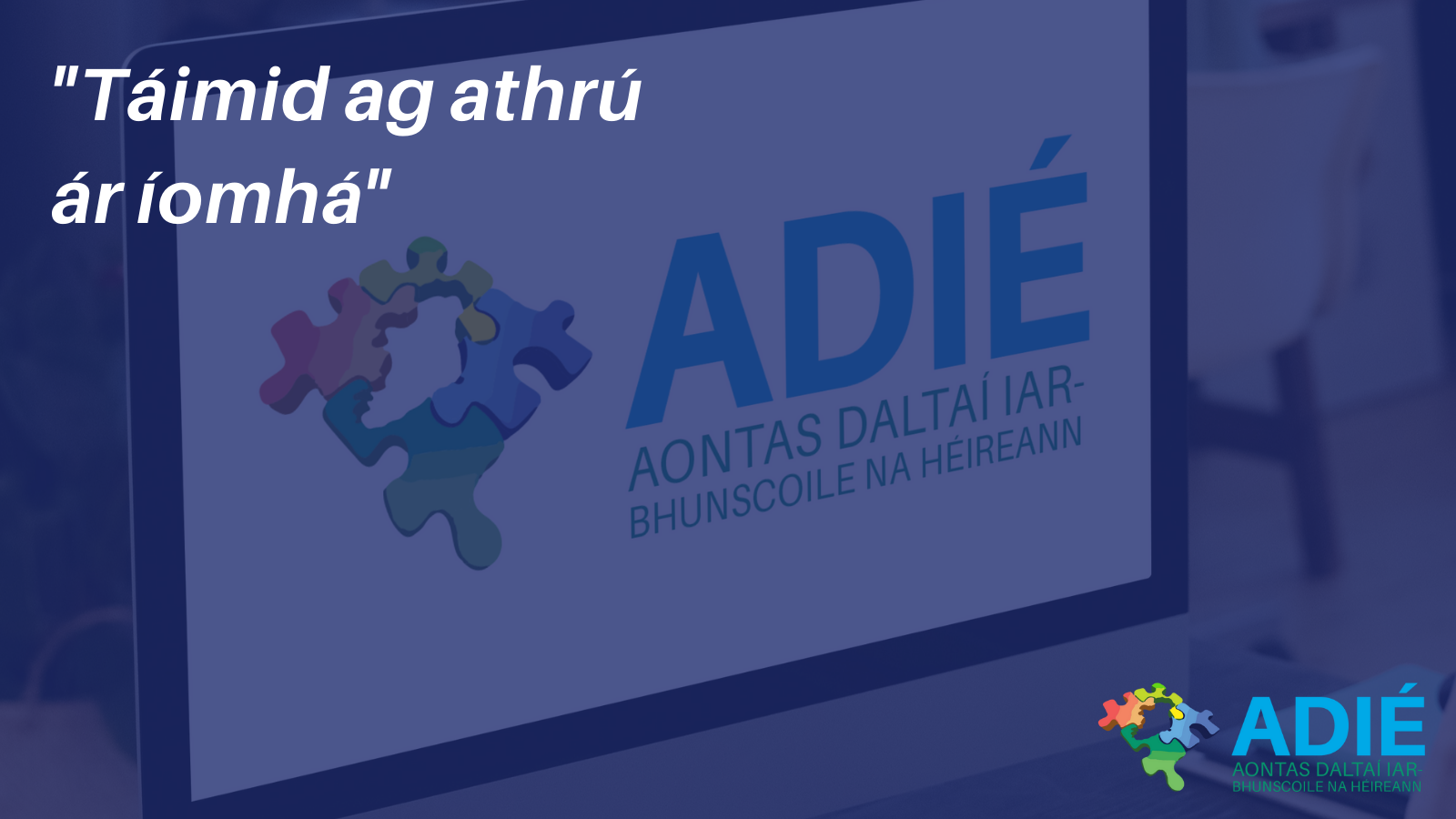

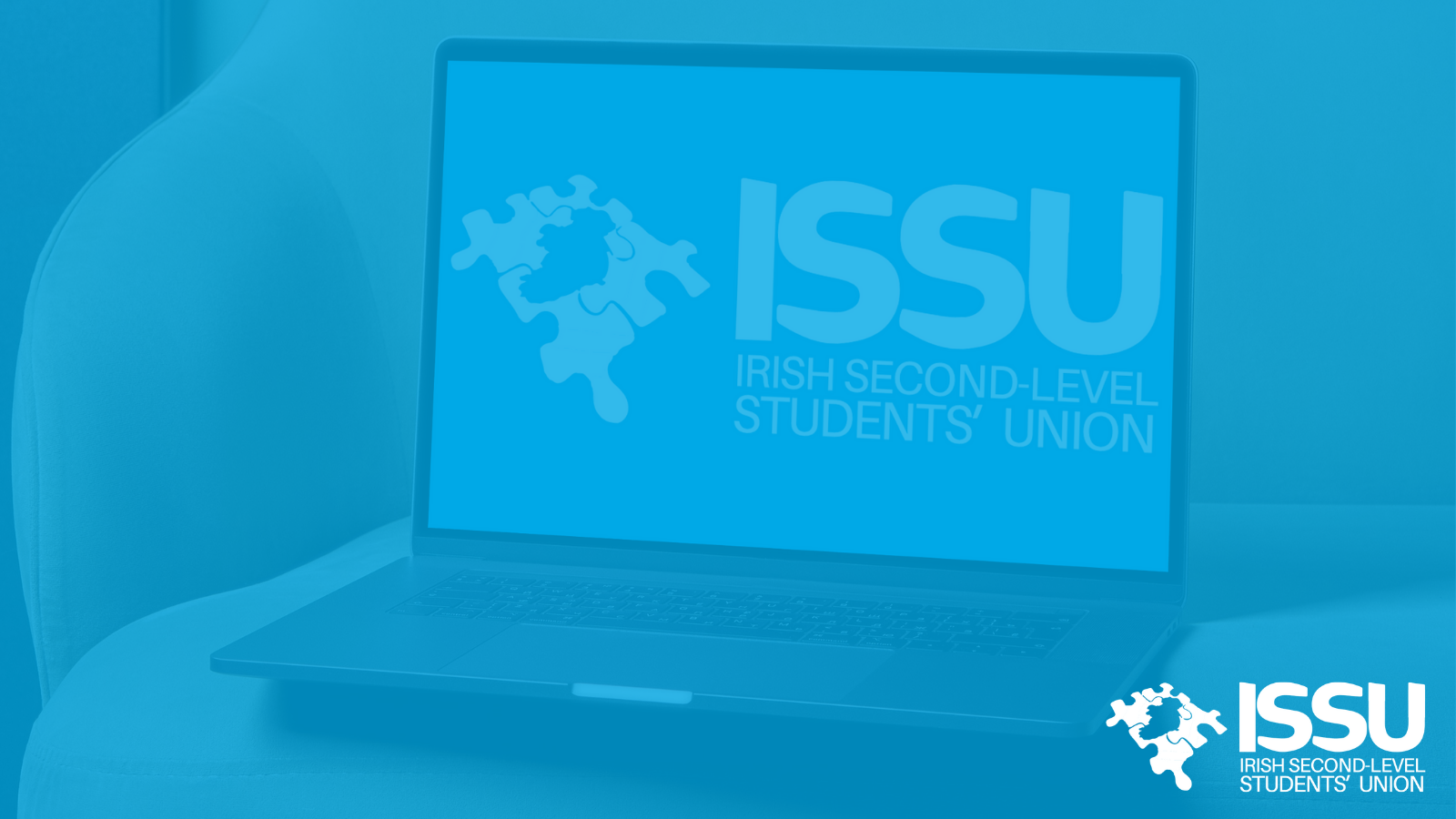
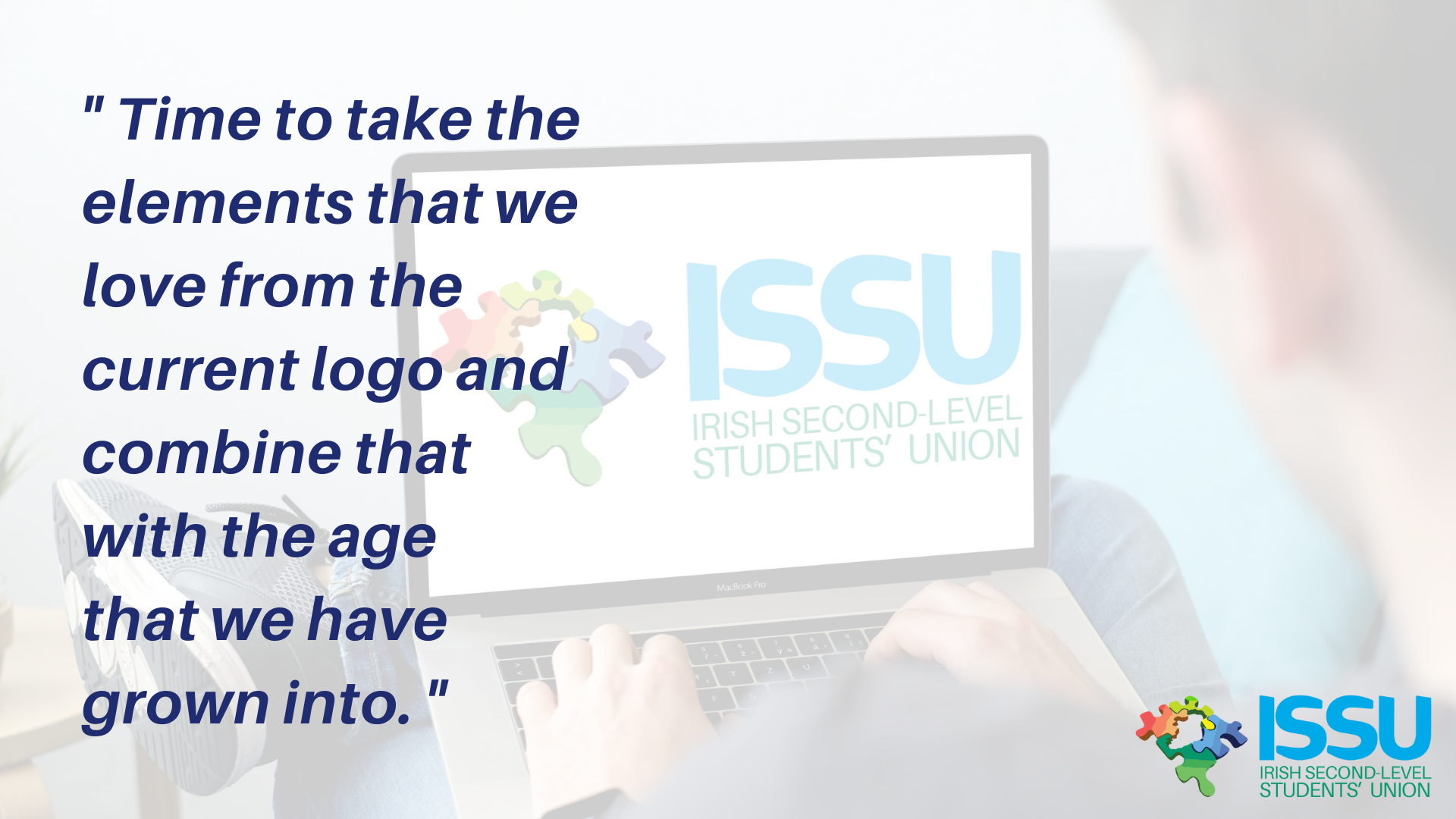
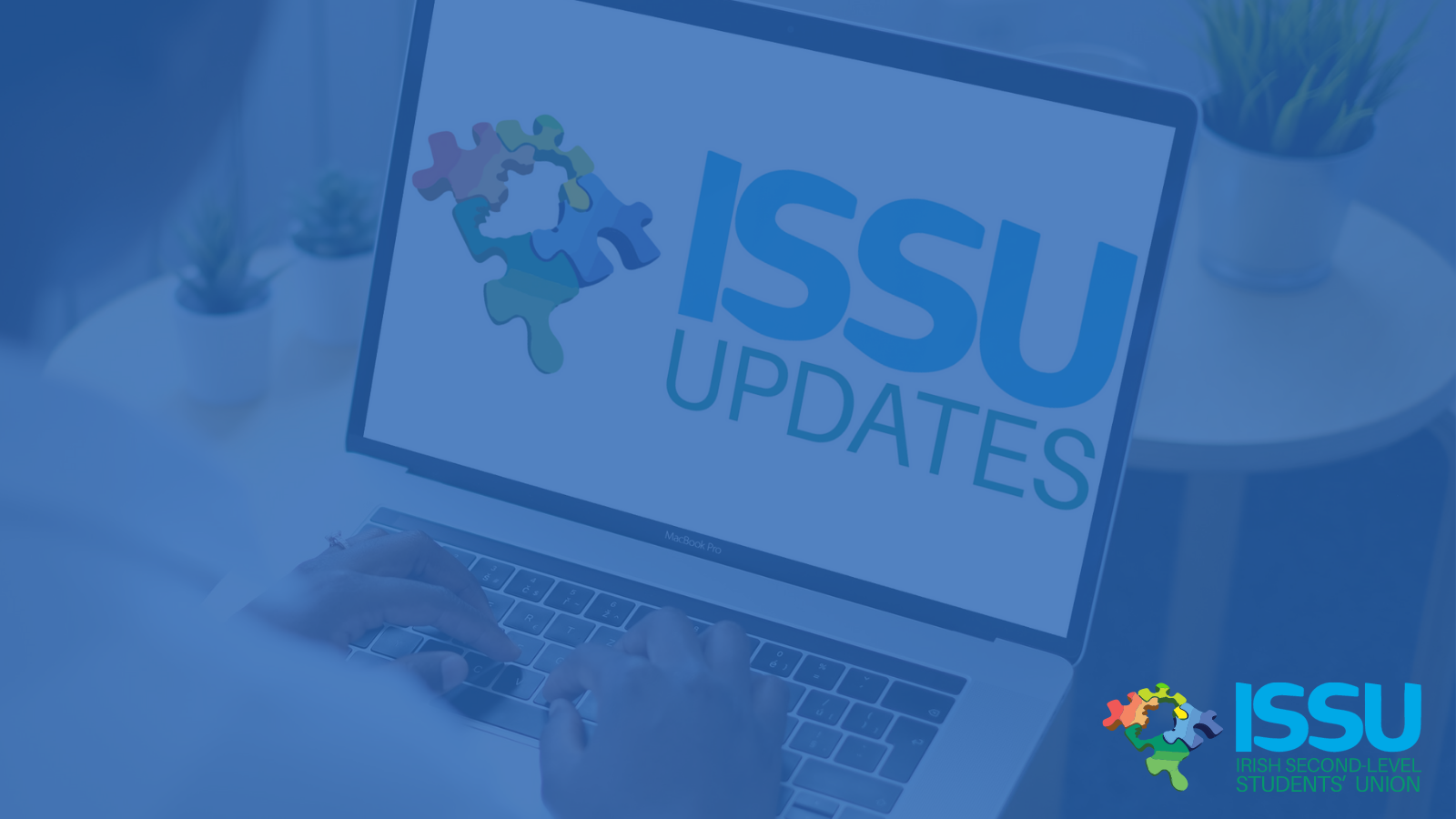


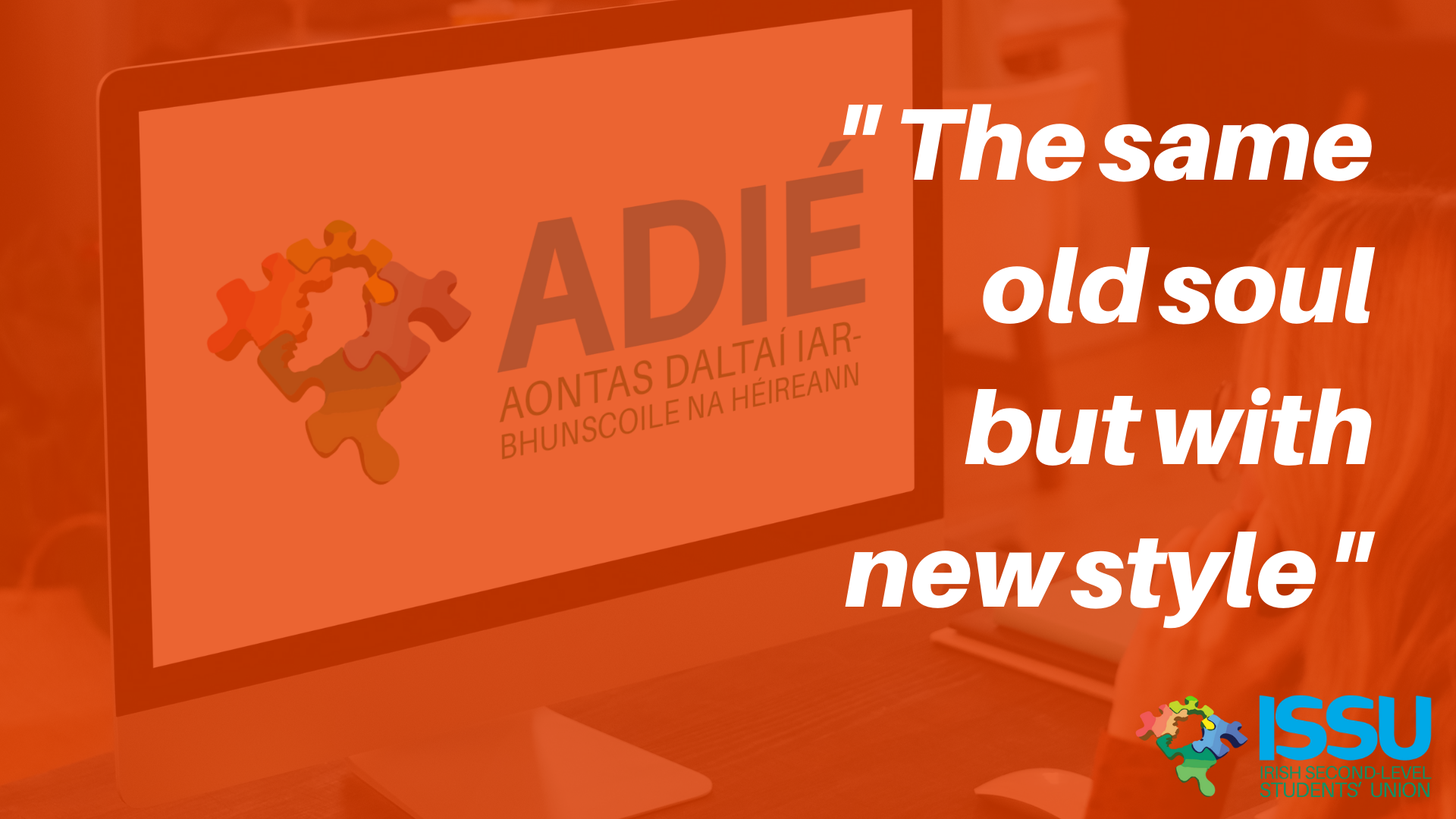
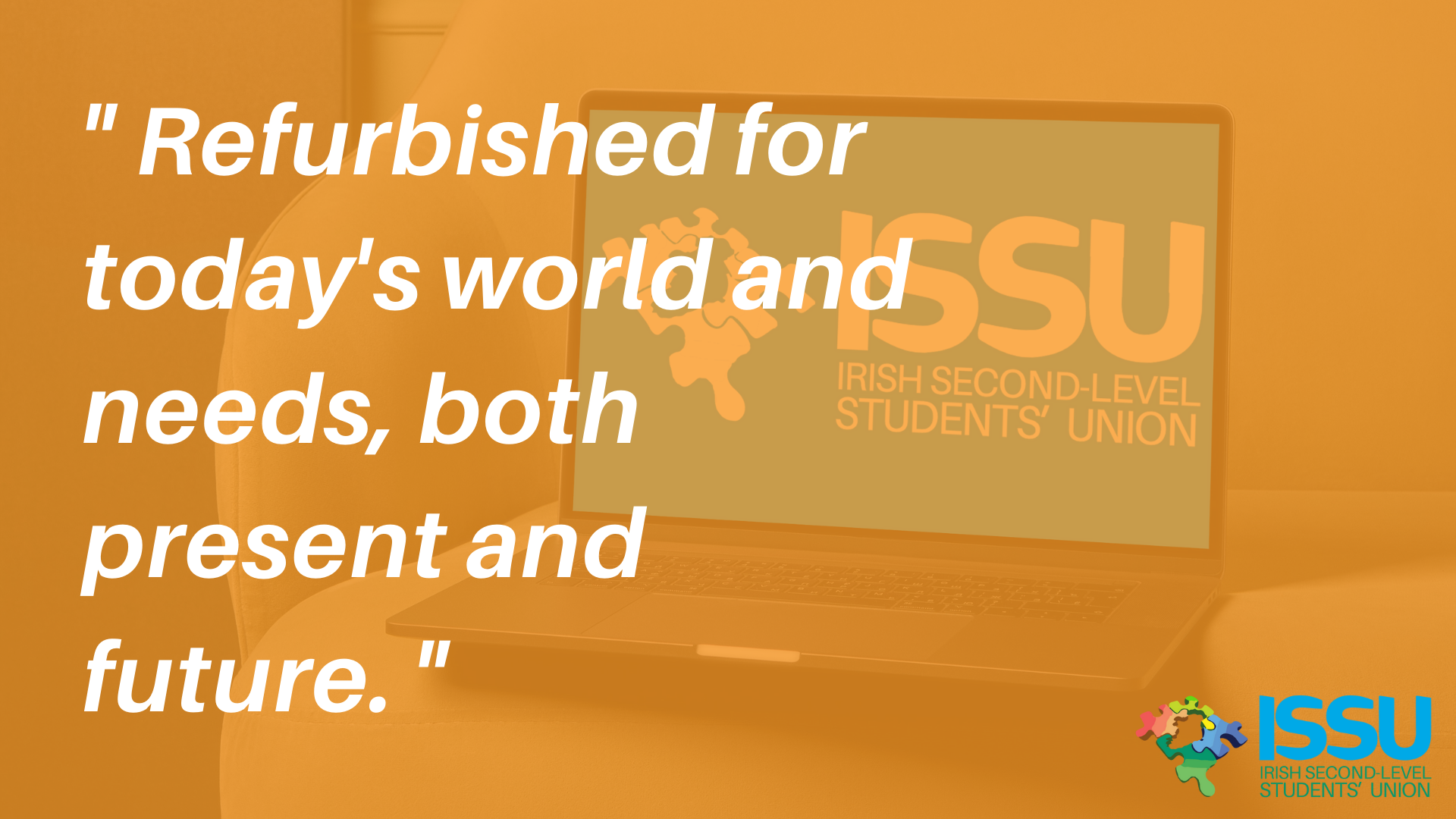
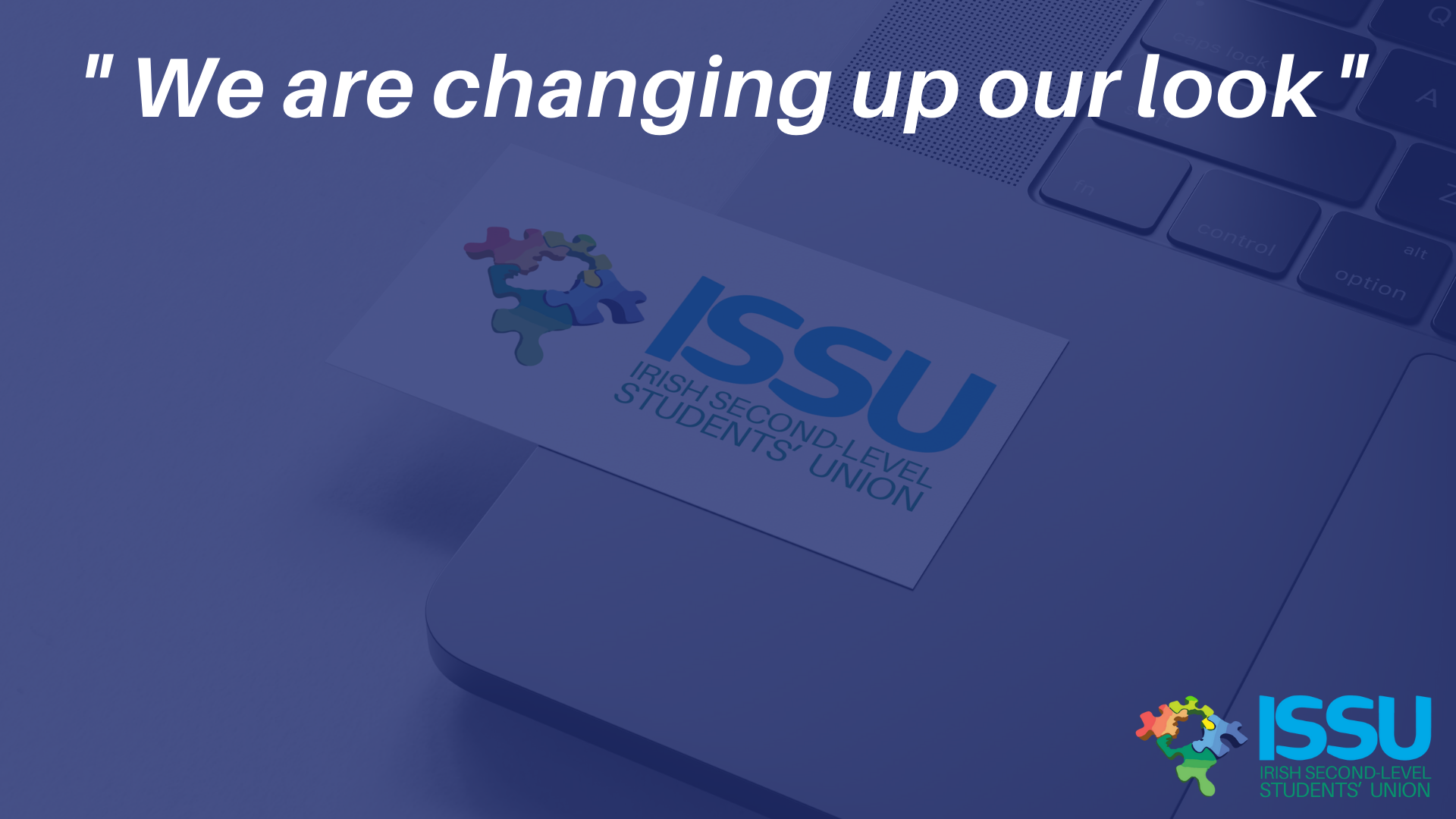
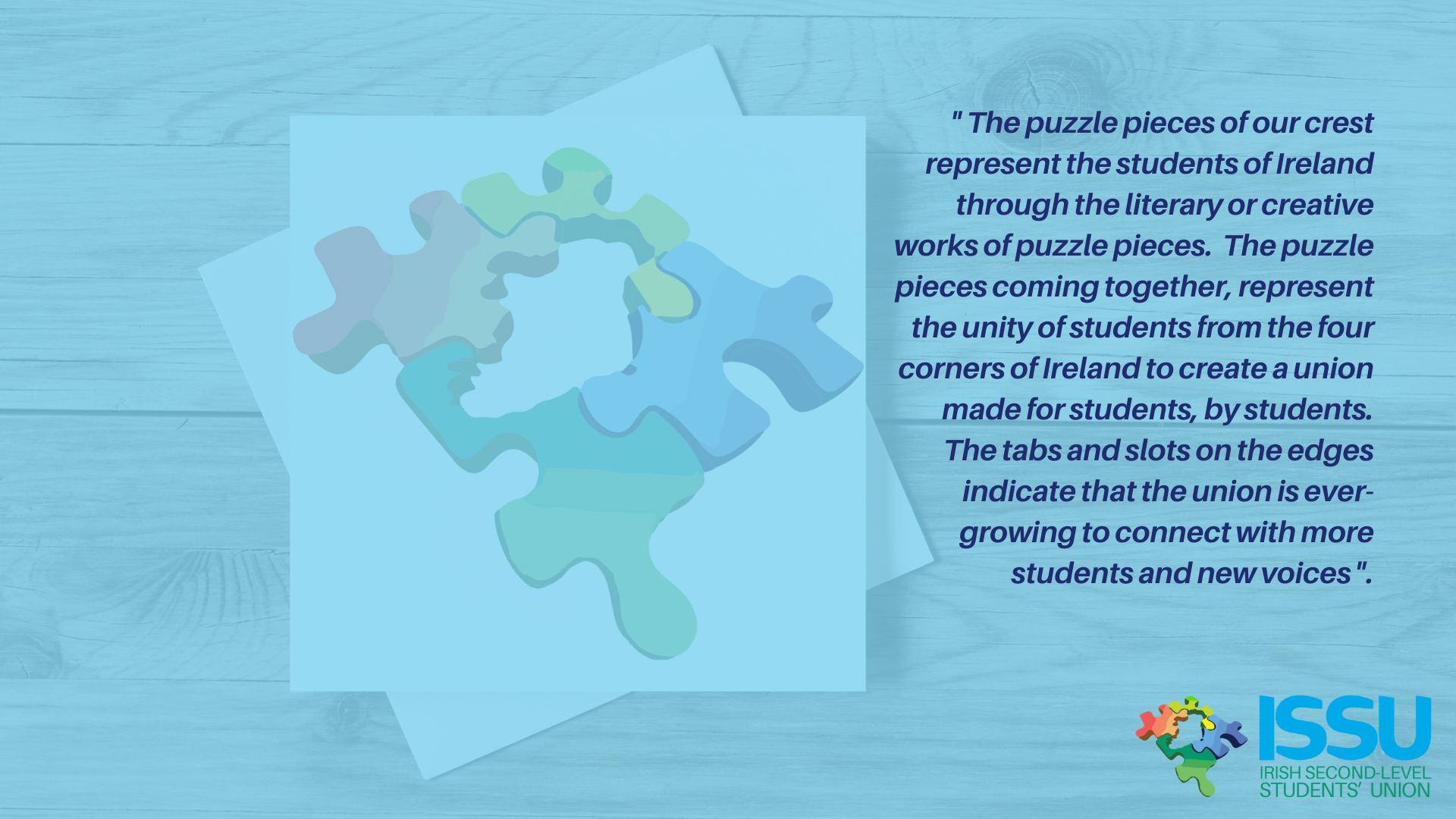
ISSU COMMUNICATIONS OFFICER STATEMENT
"When I first started working on the logo redesign back in July 2021 and spent the first month creating a vectorised version of our logo. Formulating colours, shapes, typography and creating a more clear overall look to our logo.
The first draft to change the logo was proposed at the Coiste Gnó meeting on 07/08/2021 by myself, Quinton Kelly. Following a presentation, made to the Coiste Gnó and Secretariat, the Coiste Gnó voted and agreed on some of the minor adjustments to the current logo be introduced in the near future. This could include; vectorisation, change of green colour tone in the current logo and looking at further expansion of research and analysis.
The next month was spent investigating different approaches to the current logo and making slight adjustments and modifications based on feedback and graphic studies.
The possibility of changing the look of the crest was then brought into play and heavy groups of hours upon hours went into finding out information on the psychology of colour, symbolism, emotions of colour, understanding, contrast, balance, harmony and interaction of colour. A narrowed down, 2 categories and 5 variations of different logos came to light from this extensive research. In this time, a total of 57 logos were created from scratch based on all information gathered.
On 09/10/2021 a presentation of these 57 logos was broken into 2 categories and 5 variations were made to the Coiste Gnó. After many debates, discussions, constructive criticism and comments were made, the individual identities making up these logos were further narrowed down and voted on. Two proposals were voted on that day. 1. A vectorised version of the current logo was approved with minor adjustments in size and colour. 2. The agreement that a second proposed logo was more favourable and the Coiste Gnó recommend some further adjustments and readjustments made before a final vote was taken.
After carefully evaluating the evaluation from the Coiste Gnó meeting on 09/10/2021.
I went back and have spent 2 weeks looking at the project from a new viewpoint.
This proposed logo will be in place for at least the next 5 years and I feel it is time to take the elements that we love from the current logo and combine that with the age that we have grown into and create a restored version of a time-honoured logo, refurbished for today's world and it needs both present and future.
On 24/10/2021 a final vote took place, the revised logo including the adjustments and modifications based on hours of extensive research and feedback. This logo was proposed to the Coiste Gnó and was voted on as in line with the ISSU Constitution. I am honoured to say that this version of the logo was successfully passed by the Coiste Gnó on 24/10/2021.
After spending almost 5 months looking at different versions of this logo, this new logo we will introduce and welcome into the ISSU family is one I can look back on and say with pride that "I made that". I can't bear to look in contrast to how far we've come and the difference from the logo back in July 2021. I understand that a lot of you are only used to seeing the old logo and are comparing it to the old logo and maybe notice a drastic change and don't know how to feel, well I can assure you as your Communications Officer that this is the conclusion to hours and months of committed time in research, analysis and consultation into making the perfect rebranded logo to transition it a world we live in.
Many thanks to you all for all your feedback, criticism, comments and ideas to make this a reality." - Quinton Kelly (ISSU Communications Officer)
Official logo of the Irish Second-Level Students’ Union CLG 2021









